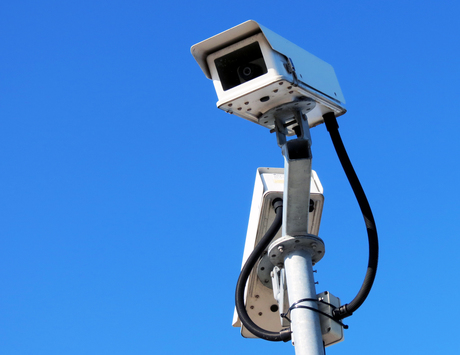Facebook gave 380+ users' data to Aussie government

Facebook granted Australian authorities access to data on at least 384 of the social network’s users in the first half of 2013.
That’s according to the social networking company’s ‘Global Government Requests Report’, the first such report released by Facebook.
The report details the number of requests made by governments around the world for data on Facebook users. It covers the first six months of 2013, and covers both criminal and national security requests.
The Australian government had the eighth-highest number of requests, with 546 requests covering 601 users/accounts. A request may cover more than one user or account.
Facebook provided “some data” to Australian authorities in response to 64% of these 546 requests.
In other words, Facebook provided Australian authorities with data on at least 384 users this year. The true number is likely greater, but hard to ascertain given the manner in which Facebook provided the statistics.
The company did not provide specific statistics on how much or what information was divulged, saying only that “When we are required to comply with a particular request, we frequently share only basic user information, such as name.”
“Frequently”, as used here, is open to interpretation.
Elsewhere, on a page titled ‘Information for Law Enforcement Authorities’, the company lists the kinds of subscriber information it may supply to authorities.
According to that page, Facebook may disclose some of the following to a government agency on request: subscriber’s name, length of service, credit card information, email address(es), recent login/logout IP address(es), message headers or the stored contents of any account, including messages, photos, videos, wall posts and location information.
What exactly Facebook reveals in each case depends on what means an agency uses to compel Facebook to share that data, such as a subpoena, court order, search warrant and so on.
Facebook did not provide statistics on the reasons for government data requests, saying only that the “vast majority” of such requests to “Facebook and many other companies” relate to criminal cases “such as robberies or kidnappings”.
The company did not specify whether this meant the vast majority of government requests to Facebook, or the vast majority of government requests to all companies.
The United States topped both the number of total requests and the number of users/accounts requested, with 11,000-12,000 total requests made covering 20,000-21,000 users/accounts. Facebook says that it can only legally report ranges, not specific numbers, when it comes to detailing requests from the United States.
How to harness AI to advance cybersecurity
Organisations that prioritise AI-enabled security and a culture of continuous learning...
Solving the IoT attack surface challenge: a practical playbook for IT managers
As IoT environments get more complex, adopting zero-trust architectures to verify every device...
Defending against AI-powered cyberthreats
Improving cyber resilience is no longer about perimeter defence or reactive patching, but...







